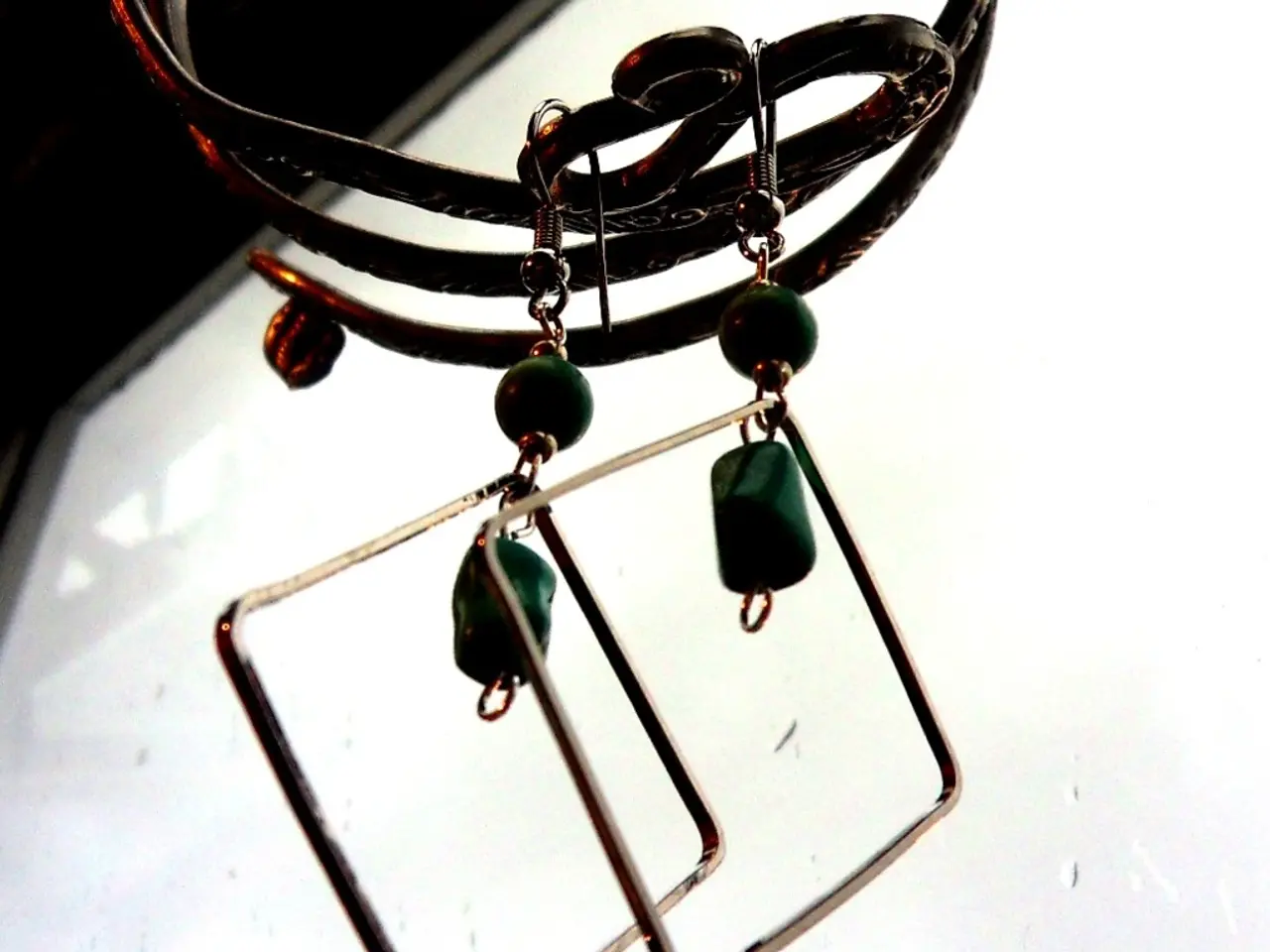signs of potential hearing loss in you or a loved one, and when it might be appropriate to consult an audiologist
In the realm of healthcare, audiologists play a crucial role in evaluating, diagnosing, and managing hearing and balance disorders. These licensed professionals specialize in the assessment and treatment of auditory and vestibular system issues, providing comprehensive care for patients of all ages, from newborns to older adults [1][2][3][4][5].
A typical audiology appointment begins with a detailed conversation about the patient's hearing history, symptoms, and lifestyle needs. This is followed by a comprehensive audiologic evaluation, which may include tests like audiograms and vestibular assessments to identify hearing and balance problems [1][2][3].
Based on the results of this evaluation, audiologists discuss management options tailored to each individual's needs. These options may range from hearing aids, cochlear implant evaluations, medical referrals, communication strategies, or simple hearing protection tips [1][3][4][5].
Audiologists also offer rehabilitation counseling about hearing loss and tinnitus, teaching lip-reading, and advising on better communication techniques for patients and their families. They can fit and manage hearing aids, cochlear implants, and assistive listening devices [1].
Untreated hearing loss has been linked to social isolation, depression, and cognitive decline in older adults. Common symptoms that may indicate the need for an audiology evaluation include feeling off balance or dizzy, especially when standing or walking, needing to turn up the volume on the TV or radio, frequently asking people to repeat themselves, thinking others are mumbling or speaking too softly, and having conversations that are hard to follow, especially in noisy environments [1][4][5].
Children can also benefit from audiologic care if they aren't meeting speech and language milestones, don't respond to their name, or have frequent ear infections. Audiologists can complete comprehensive hearing tests to assess the type and degree of hearing loss and recommend appropriate intervention options such as hearing aids, cochlear implants, and/or assistive listening devices [3][5].
Audiologists collaborate with other healthcare professionals such as ENT specialists, speech therapists, and neurologists for comprehensive patient care. They are also involved in research and training of future audiologists, running newborn hearing screening programs, industrial hearing conservation, and specialized care in settings like VA clinics or schools [3][5].
In various settings, including hospitals, private clinics, educational institutions, research facilities, and occupational health programs, audiologists practice their craft. Their qualifications typically include advanced degrees in audiology and certification or licensure depending on the region [1][2][3][4][5].
In summary, audiologists are essential healthcare professionals who offer a wide range of services to diagnose, treat, and manage hearing and balance disorders. Their expertise ensures that patients receive personalized care, helping them regain their ability to communicate effectively and improve their quality of life.
- In the field of health and wellness, optometrists play a significant role in monitoring eye health and diagnosing vision problems.
- These professionals specialized in eye care provide comprehensive examinations for patients of all ages, from infants to seniors.
- A typical eye exam begins with a discussion about the patient's vision history, symptoms, and lifestyle needs.
- This is followed by a series of tests to determine vision acuity, eye alignment, and overall eye health.
- Based on the examination results, optometrists discuss treatment plans tailored to each individual's needs, which may include eyeglasses, contact lenses, or vision therapy.
- Untreated vision problems have been linked to headaches, eyestrain, and reduced productivity.
- Common symptoms that may indicate the need for an eye exam include blurry vision, difficulty seeing at night, frequent headaches, and eye discomfort while reading or working.
- Children can also benefit from regular eye exams to ensure they meet visual development milestones and don't have underlying optical issues that could affect their learning.
- Optometrists collaborate with other healthcare professionals, such as ophthalmologists and neurologists, for comprehensive patient care.
- They are also involved in research and training of future optometrists, running vision screenings programs, and providing eye care services in various settings like clinics, hospitals, and schools.
- In the workplace, optometrists can promote workplace wellness by assessing and managing vision-related conditions like digital eye strain and providing strategies for improving visual ergonomics.
- In recent years, the impact of technology on vision health has become a hot topic, with discussions about the effects of prolonged screen time, blue light, and other factors on eye health.
- As people age, they may develop chronic diseases like diabetes, high blood pressure, and other conditions that can affect eye health, requiring regular monitoring by eye care professionals.
- There are various treatments and therapies available for vision problems, including LASIK, glasses, contact lenses, and vision therapy.
- In addition to vision care, optometrists can also provide guidance on skin care, especially with regards to the delicate eye area, and discuss how certain medications and medical conditions can impact eye health.




